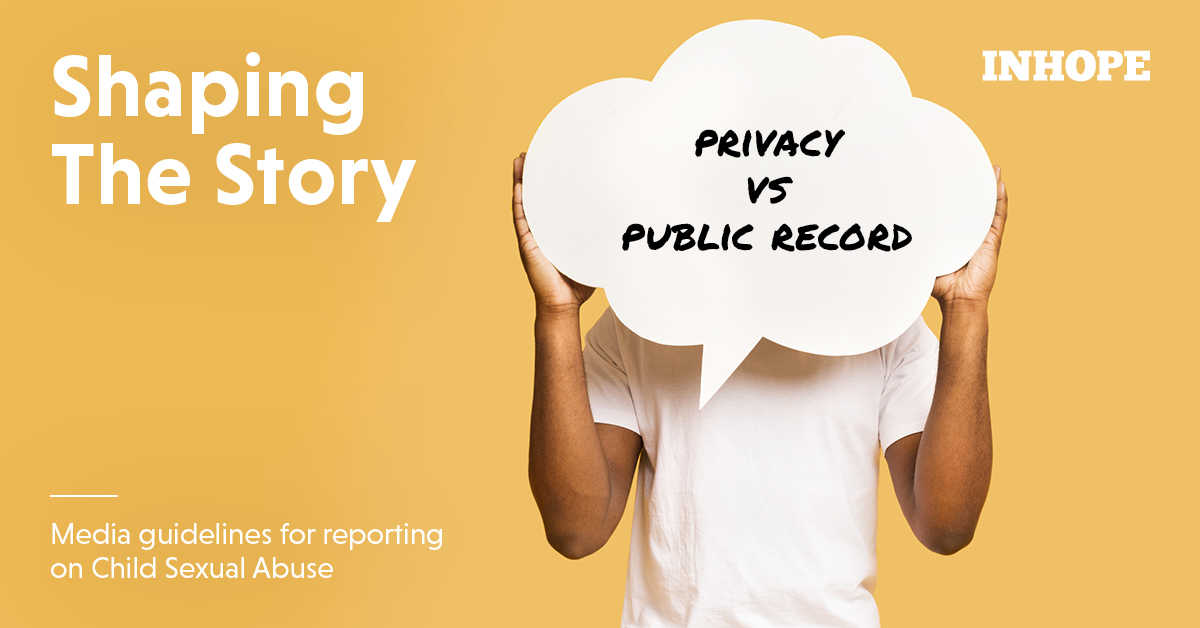Article
Industry News & Trends
Events & Campaigns
An individuals right to privacy vs public record
While certain information may be accessible does not mean it should be publicized. Even if the victim's experience becomes part of a court record or a media report, they are entitled to privacy, respect, dignity, and factual representation of what happened. Considering the impact on the individual is more important than telling a story.
Reporters must judge when details are needed for public safety and when they only serve to re-traumatize the victim or reinforce myths about the victim’s role in the attack. Details about the victim’s private life, habits, sexual history do not contribute to the public’s safety and usually lead to victim-blaming.
Privacy: Do not provide identifying features of the victim. This can make them more vulnerable to future victimization and create a feeling of shame. This can impact recovery for the individual and discourage others from reporting cases. There are sometimes benefits to publishing this information, but these rarely outweigh the harm to the survivor.
The main criteria for waiving identity protection would be situations of immediate danger to the child and to break the misconception of stranger danger as most perpetrators know their victim.
Learn more about our CSAM Media guidelines for reporting on child sexual abuse.

Photo by INHOPE
Privacy: Do not provide identifying features of the victim.
'